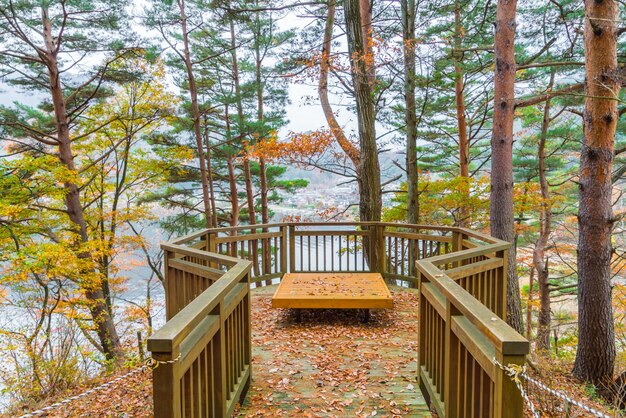

Spending time outdoors is fantastic for our health and wellbeing. Whether it’s physical exercise or a mental break, outdoor activities offer loads of benefits. However, it’s important to remember that there are some risks, especially when you’re out in the wilderness.
**Prevention is Key**
Being prepared and taking preventive measures can help you handle any unexpected situations. Knowing what kinds of emergencies might happen and how to deal with them is crucial for staying safe while enjoying nature.
**Common Emergency Situations Outdoors**
Nature’s beauty can be irresistible—whether it’s hiking up a mountain, taking a walk in the park, or enjoying a seaside adventure. But along with its charm, the wilderness can pose several risks to our health. Here are a few common emergencies you might encounter outdoors:
**Hypothermia**
Hypothermia happens when your body temperature drops dangerously low (below 36.5 degrees Celsius). This can occur in places where temperatures fall below freezing, especially at night. To avoid hypothermia, it’s essential to wear appropriate clothing and gear, which you can find at outdoor stores like Moosejaw or Backcountry. If budget is a concern, look for discounts or coupons.
**Dehydration**
Dehydration strikes when your body loses water quickly, a common risk in hot, dry areas like the Grand Canyon. To stay hydrated, bring at least two liters of water per day. In extreme heat, aim for one liter per hour.
**Altitude Sickness**
Hikers and mountain climbers can suffer from altitude sickness when rapidly ascending elevations above 2,500 meters (8,000 feet). This condition can lead to serious health issues like High Altitude Pulmonary Edema or High Altitude Cerebral Edema. The best way to manage this is by acclimatizing over a few days and possibly taking medications like Diamox.
**Sprains and Strains**
Sprains and strains are common injuries for hikers, mountaineers, bikers, and skiers. These can range from mild to severe, potentially leaving you stranded. Wearing suitable footwear and carrying a first aid kit can help prevent and manage these injuries. Always bring a cell phone or another communication device in case you need help and consider traveling in a group so you have support if someone gets hurt.
By staying prepared and aware, you can enjoy your outdoor adventures while minimizing the risks.

